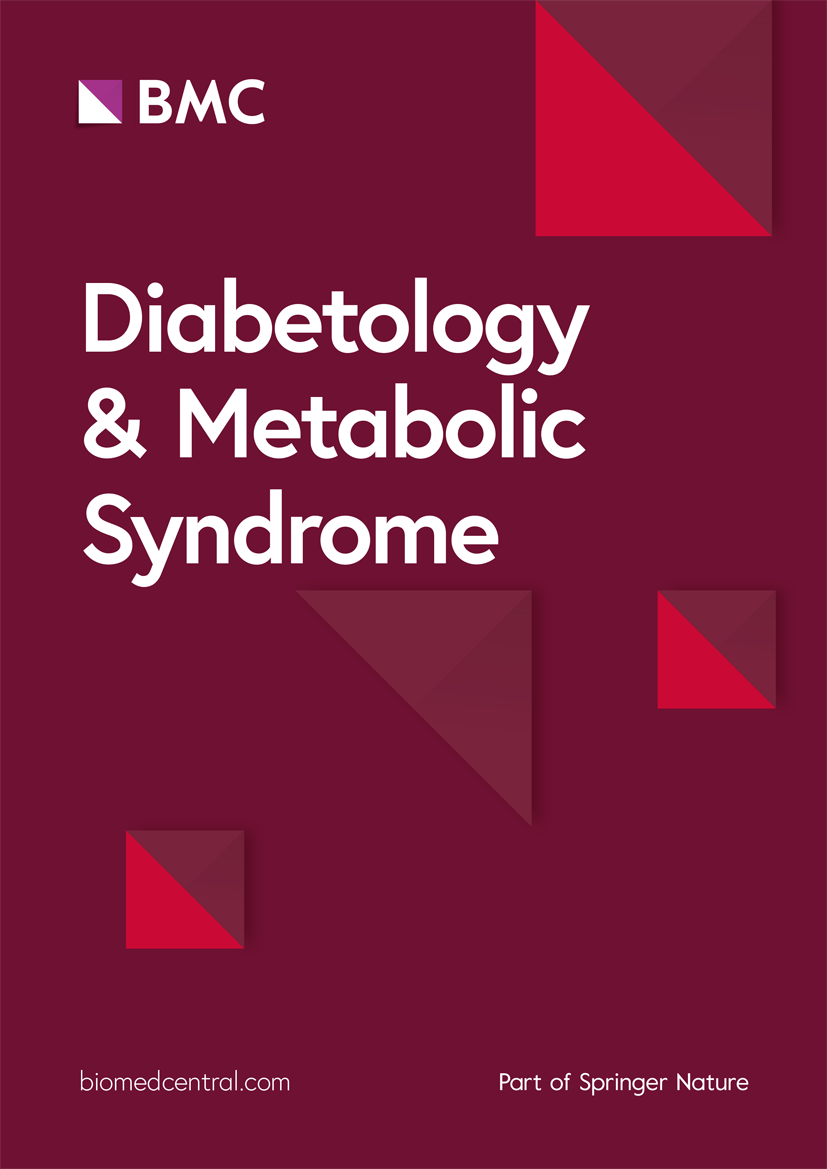I know Dave Palumbo is one of the biggest saying you won't grow using metformin however because it blunts IGF-1. However, , this is one of the most popular drug used in bodybuilding to bulk. With a high carb intake it can completely repartition the excess carbs not allowing them to be stored as body fat and instead only used for energy and filling muscle glycogen stores.
Burkhard L. Herrmann, Christian Berg, Elisabeth Vogel, Tanja Nowak, Katrin Renzing-Koehler, Klaus Mann, Bernhard Saller. Effects of a Combination of Recombinant Human Growth Hormone with Metformin on Glucose Metabolism and Body Composition in Patients with Metabolic Syndrome. February 2004 Hormone and Metabolic Research 36(1):54-61.
Abstract
Abdominal obesity and insulin resistance are central findings in metabolic syndrome. Since treatment with recombinant human growth hormone (rhGH) can reduce body fat mass in patients with organic GH deficiency, rhGH therapy may also have favourable effects on patients with metabolic syndrome. However, due to the highly increased risk for type 2 diabetes in these patients, strategies are needed to reduce the antagonistic effect of rhGH against insulin. We conducted a 18-month randomised, double-blind, placebo-controlled study to assess the effect of rhGH in combination with metformin (Met) in patients with metabolic syndrome. 25 obese men (55 +/- 6 years, BMI 33.4 +/- 2.9 kg/m (2)) with mildly elevated fasting plasma glucose (FPG) levels at screening (6.1-8.0 mmol/l) were included. All patients received metformin (850 mg twice daily) either alone or in combination with rhGH (daily dose 9.5 microg/kg body weight). An oGTT was performed at baseline, after 6 weeks, and after 3, 6, 12, and 18 months of therapy. Glucose disposal rate (GDR) was measured by euglycemic hyperinsulinemic clamp at 0 and 18 months and body composition was measured by DEXA every 6 months. In the Met + GH group, IGF-I increased from 146 +/- 56 microg/l to 373 +/- 111 microg/l (mean +/- SD) after 3 months and remained stable after that. BMI did not change significantly in either group during the study. Total body fat decreased by -4.3 +/- 5.4 kg in the Met + GH group and by -2.7 +/- 2.9 kg in the Met + Placebo group (differences between the two groups: p = n. s.). Waist circumference decreased in both groups (Met + GH: 118 +/- 8 cm at baseline, 112 +/- 10 cm after 18 months; Met + Placebo: 114 +/- 7 cm vs. 109 +/- 8 cm; differences between the two groups: p = 0.096). In the Met + GH group, FPG increased significantly after 6 months (5.9 +/- 0.7 vs. 6.7 +/- 0.4 mmol/l; p = 0.005), but subsequently decreased to baseline levels (18 months: 5.8 +/- 0.2 mmol/l). FPG remained stable in the Met + Placebo group until 12 months had elapsed, and then slightly decreased (baseline: 6.2 +/- 0.3, 18 months: 5.5 +/- 0.6 mmol/l, p = 0.02). No significant changes were seen in either group regarding glucose and insulin AUC during oGTT or HbA (1c) levels. GDR at 18 months increased by 20 +/- 39% in Met + GH-group and decreased by -11 +/- 25% in the Met + Placebo group (differences between the two groups: p = 0.07). In conclusion, treatment of patients with metabolic syndrome and elevated FPG levels did not cause sustained negative effects on glucose metabolism or insulin sensitivity if given in combination with metformin. However, since our data did not show significant differences between the two treatment groups with respect to body composition or lipid metabolism, future studies including larger numbers of patients will have to clarify whether the positive effects of rhGH on cardiovascular risk factors that have been shown in patients with GH deficiency are also present in patients with metabolic syndrome, and are additive to the effects of metformin.
Summary
* Both groups received 850 mg Metformin/twice daily
* In the Met + hGH group, IGF-I increased, stabilized after 3 months, the Metformin + placebo group did not change
* Total body fat decreased in both groups, almost double in the hGH group
* Waist circumference decreased in both groups (more in the HGH group)
* After 18 months total muscle mass increased by 0.5 +/- 3.7 kg in the Met+GH group (range -4.6 to 3.7) and decreased by -2.4 _/- 2.9 in the
Met+Placebo group (range –5.7 to 2.2)
* Serum total testosterone levels significantly increased in both groups after 18 months
* Insulin levels did not significantly differ between those patients receiving only metformin and those receiving metformin and hGH
 www.lifeextension.com
www.lifeextension.com



















